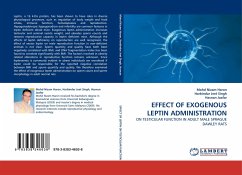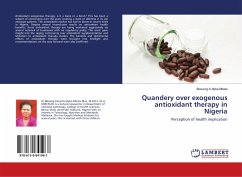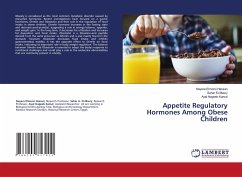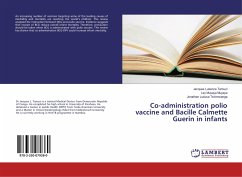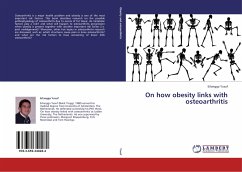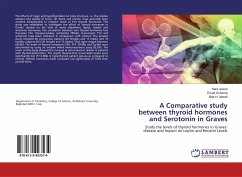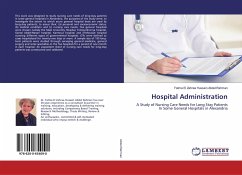Leptin, a 16 k-Da protein, has been shown to have roles in diverse physiological processes, such as regulation of body weight and food intake, immune function, hematopoeisis and reproduction. Hypogonadotropic hypogonadism and infertility are common features in leptin deficient ob/ob mice. Exogenous leptin administration increases testicular and seminal vesicle weight, and elevates sperm counts and restores reproductive capacity in leptin deficient mice. Although the effects of leptin deficiency on reproduction are well recognised, the effect of excess leptin on male reproductive function in non-deficient animals is not clear. Sperm quantity and quality have both been negatively correlated with BMI, and DNA fragmentation Index has been found to correlate significantly with BMI. The factor/s involved in obesity related alterations in reproductive function remains unknown. Since leptinaemia is commonly evident in obese individuals we wondered if leptin could be responsible for the reported negative correlation between BMI and sperm quantity and quality. We therefore examined the effect of exogenous leptin administration on sperm count and sperm morphology in adult normal rats.

